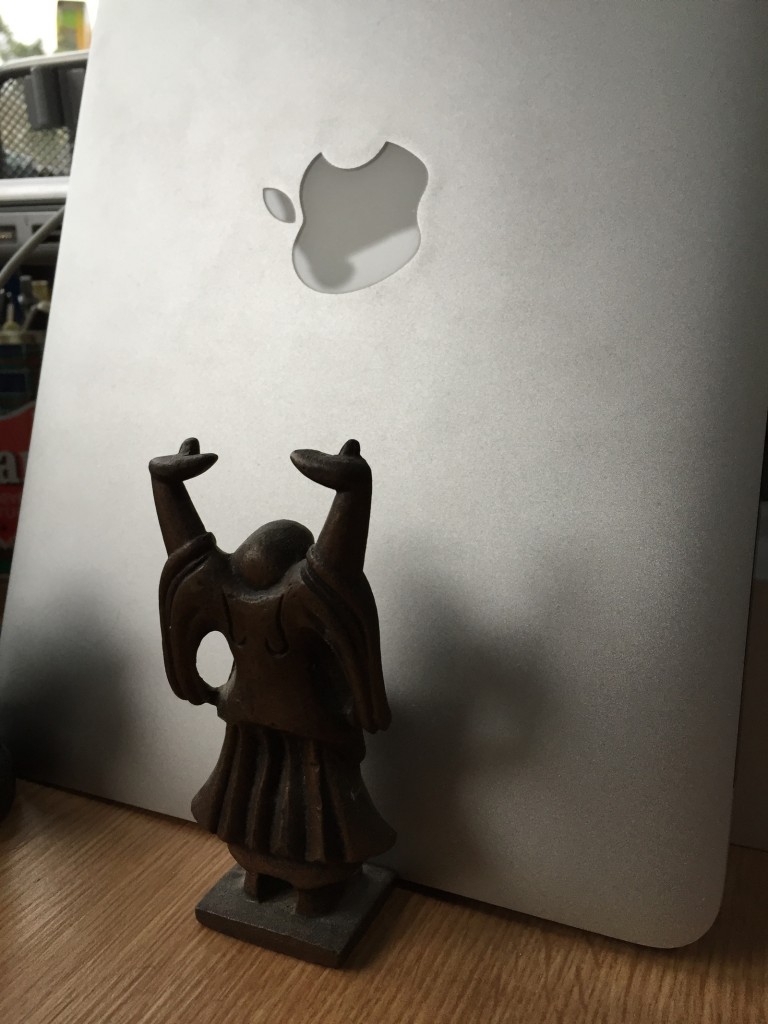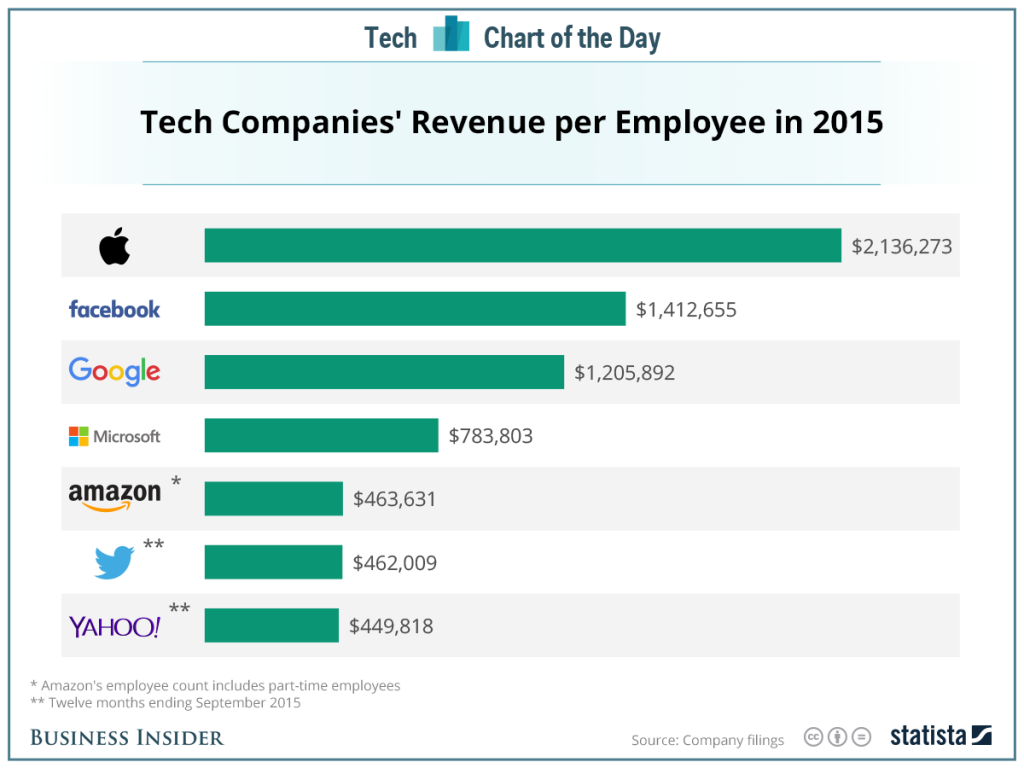If people ask me to recommend a good book about journalism (well, British journalism anyway), I always point them at Michael Frayn’s Towards the End of the Morning and Evelyn Waugh’s Scoop
. Of the two, I prefer Scoop, and I was reminded of it by Roy Greenslade’s Guardian piece occasioned by the provisional death certificate recently issued for Lord Lucan. Greenslade reminds us of Garth Gibbs, the archetypal Fleet Street hack who diligently pursued the ‘missing’ Earl for many years:
Gibbs, who died in 2011, was renowned for his tenacious belief that he was only ever one step behind the missing peer. Not that he minded, however, because he spent a great deal of his employer’s money travelling the world while failing to get his man.
Reflecting on the matter after 30 years of fruitless journalistic endeavour, he explained that he had adopted as his motto an observation made by the canny Sunday Express editor John Junor: “Laddie, you don’t ever want to shoot the fox. Once the fox is dead there is nothing left to chase.”
Gibbs wrote: “With that in mind I regard not finding Lord Lucan as my most spectacular success in journalism. Of course, many of my colleagues have also been fairly successful in not finding Lord Lucan. But I have successfully not found him in more exotic spots than anybody else.”
Indeed, he had. He failed to locate him after three weeks in Cape Town, which was handy because Gibbs, a South African, was able to visit friends and relatives. Nor did he find him in Macau or Hong Kong or the Bahamas.
Colleagues who liked to toast Gibbs’s heroic failures were particularly surprised when he announced that he was off to check on a Lucan sighting in Wales. They couldn’t see the point: no sunshine and no expenses.
And thus was born one of Fleet Street’s enduring myths: the plotting by reporters and photographers of sightings of Lucan in remote hotspots across the globe that ensured first class travel to spend sun-kissed days in five-star hotels.
Sigh. Those were the days.
While I’m on the subject, the latest theory about Lucan’s fate is that he shot himself at John Aspinall’s zoo, after which his body was fed to a tiger. The really shocking thing about that is that nobody saw fit to call the RSPCA.


